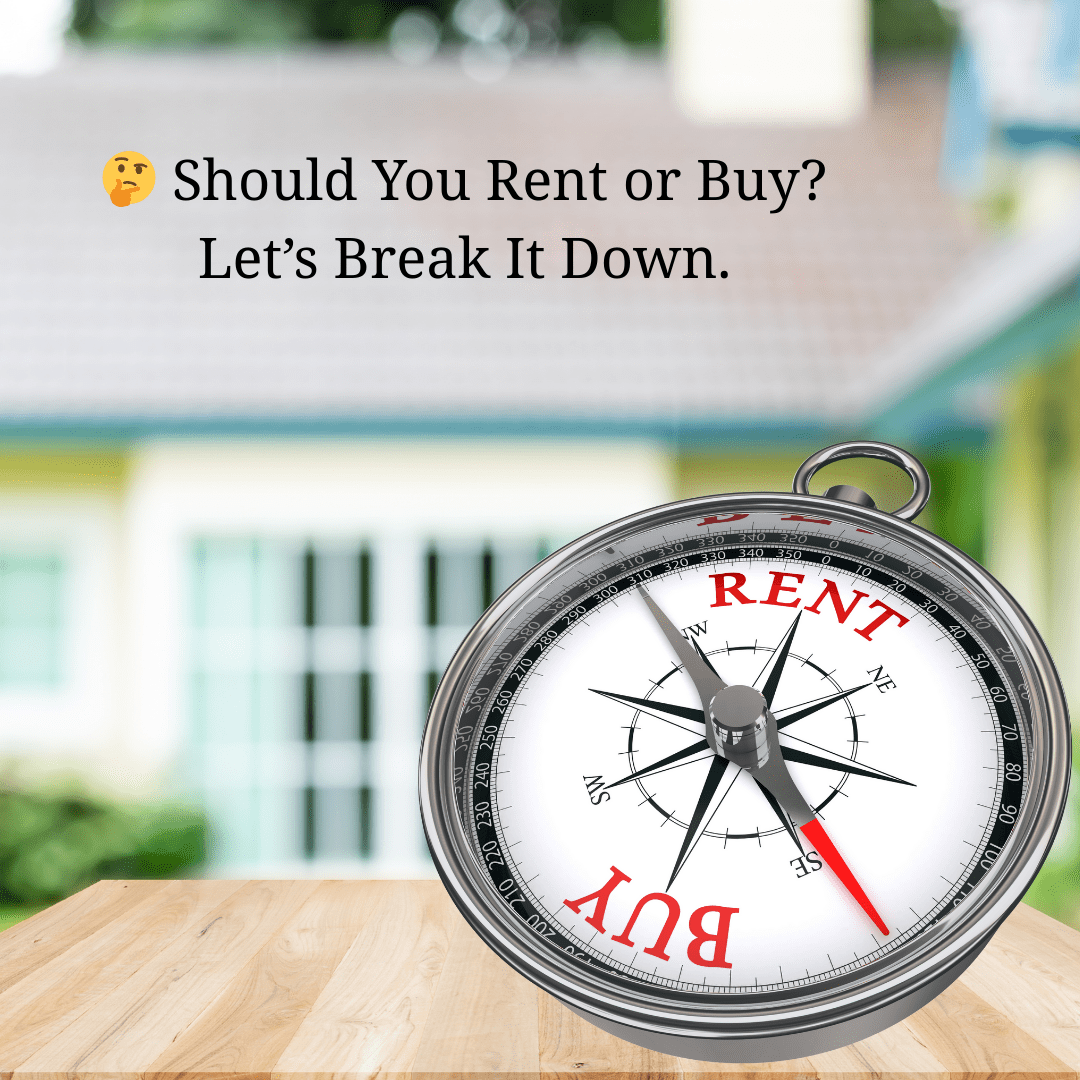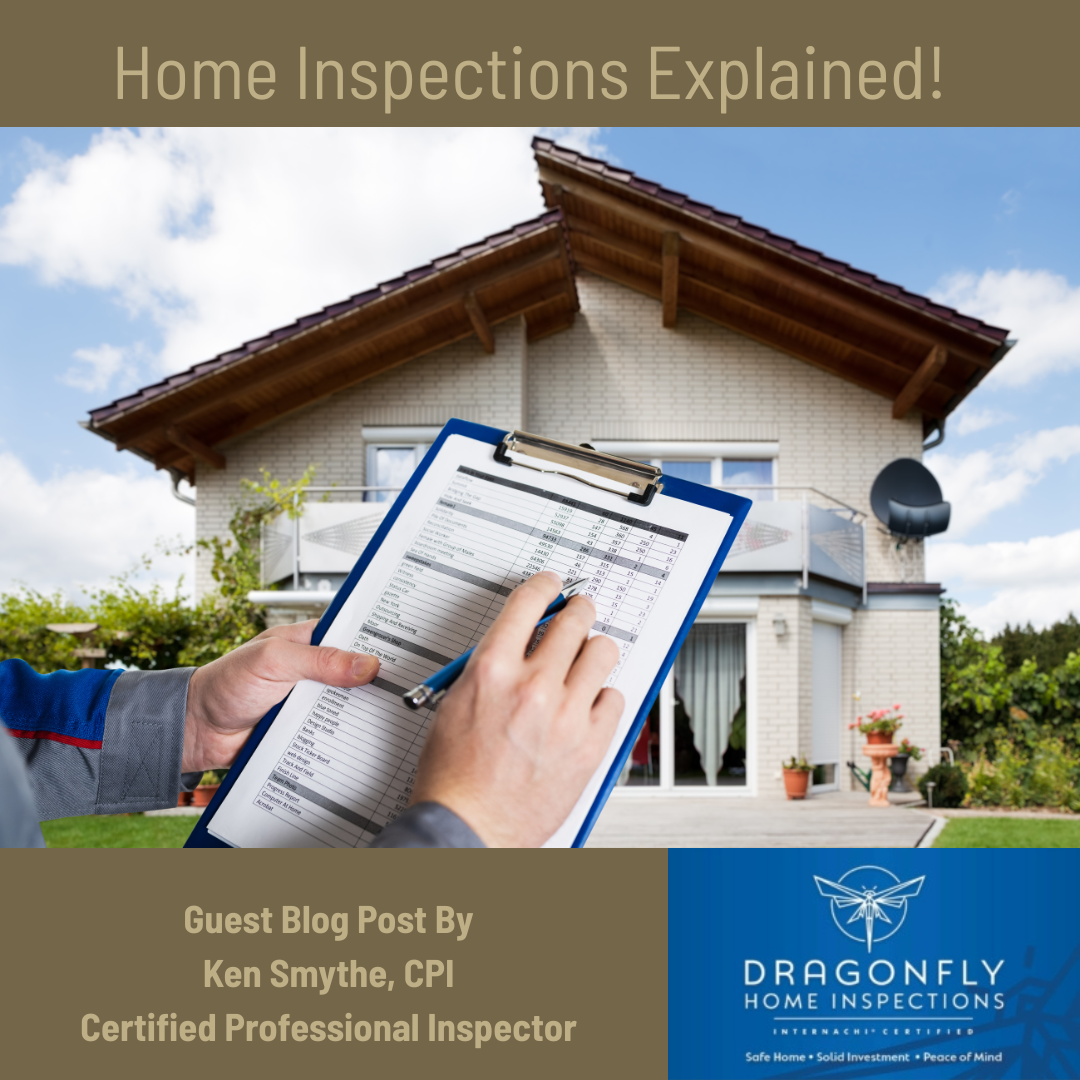Renting vs. Buying: Pros and Cons
When it comes to housing, one of the biggest questions people face is whether to rent or buy. Both options come with their own pros and cons, and the right choice often depends on your financial situation, lifestyle, and long-term goals. It used to be that monthly rent was lower than a mortgage payment, that is not really the case anymore, depending on how much of a down payment you have and the price of the home you are buying.
It is also important to note that the rent your landlord charges does include their costs, mortgage, property taxes, and if applicable, condo or association fees. If done correctly, it will also include their insurance and a percentage for ongoing maintenance and risk, usually around 5%.
Typically, you are responsible for all utilities, water, hydro, gas, and of course internet, tv, home phone. You are also required to have insurance. There are instances, for the most part, with condos, that some of these could be included, however, not internet, tv, phone, and your insurance.
That said, this is a personal choice for each person and their unique situation.
Pros of Renting
Flexibility: Renting gives you more freedom to move. If you’re not sure how long you’ll be living where you are, renting might be the better option.
Lower upfront costs: Renters don’t have to worry about a down payment, closing costs, or other expenses tied to purchasing a home. In a range of 1.5% to 4% of the price of the home. included are land transfer tax, legal fees, home inspection fees, appraisal fees, and title costs. First-time homebuyers may be eligible for rebates, such as the First-Time Home Buyers' Tax Credit and Land Transfer Tax rebates, which can help offset these expenses.
No maintenance responsibilities: Repairs and upkeep are typically the landlord’s responsibility. Note that landscaping and snow removal could be the renters responsibility, under specific agreements.
Predictable payments: Rent is usually fixed for the length of the lease, making it easier to budget.
Cons of Renting
Less stability: A landlord may decide not to renew your lease or could increase rent when your lease ends. (There are rules and procedures to follow. There are limits to the increase allowed and landlords cannot have you leave, except for specific circumstances, for example, they are moving back in, they are selling and the new owner is moving in.) I strongly suggest reading the Landlord Tenant Act!
No equity building: Your rent payments don’t go toward ownership; they’re simply an expense.
Limited control: You can’t always customize or renovate your rental to suit your preferences.
Pros of Buying
Equity building: Every mortgage payment helps you build ownership in your home, which can grow your wealth over time.
Stability: You don’t have to worry about moving because a landlord wants to sell or increase the rent.
Creative freedom: You can renovate, decorate, and make the space truly yours.
Potential appreciation: Ottawa real estate has historically increased in value over the long term, which can benefit homeowners when it comes time to sell.
Financial advantage: Unlike renting, your payments contribute to an asset you own. Over time, as your mortgage balance decreases and your home’s value increases, you build equity that strengthens your financial position. Homeowners can also borrow against their equity if needed — an option renters don’t have.
Cons of Buying
Upfront costs: You’ll need a down payment, closing costs, and other fees when purchasing a home.
Ongoing responsibilities: Maintenance, repairs, and property management all fall on you.
Market risk: Home values can fluctuate, and go down as well as up, depending on the market, just like the stock market and unless you are selling, over time, this is less of an issue.
In closing, it is a very personal decision, and for some like it was for my mother, owning is not an option. Times have changed, the salary to purchase price ratio has made it tougher to buy a first home. If you are willing to go the route that my friends, colleagues, family and I had to do, buy a starter home, and work up to your dream home, there are options that I am happy to discuss with you.
Click HERE if you have questions or would like to discuss your options.


